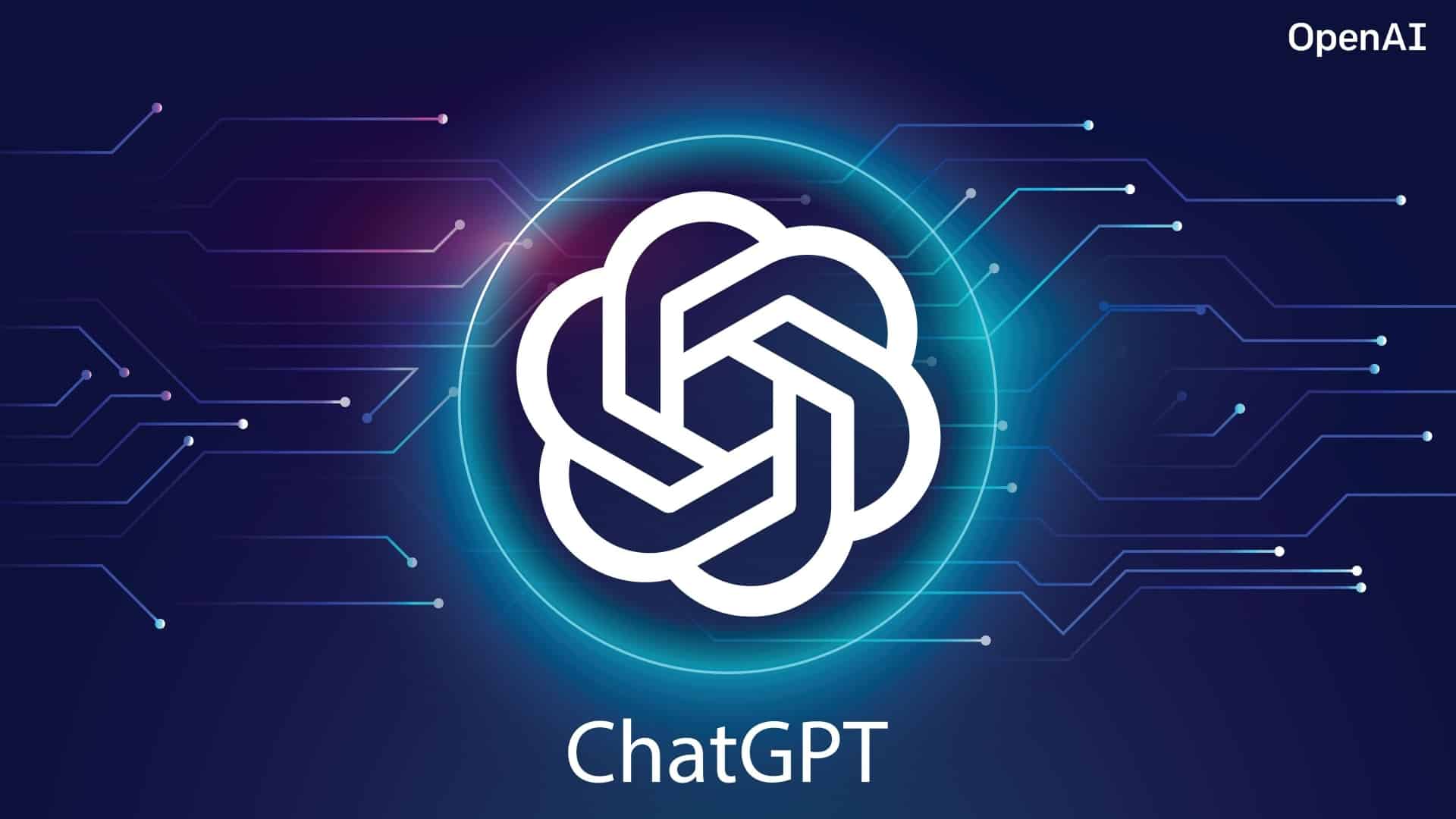The artificial intelligence chatbot ChatGPT debuted in the scientific literature, accumulating four authorship credits in articles published in pre-print – that is, that have not yet been peer-reviewed. And perhaps publishing this content in academic journals takes time. Editors and researchers debate the place of artificial intelligence in the scientific literature and whether it is correct to cite one chatbot as an author.
Read more:
publicity
The debate revolves around the policies for these bots. Editors consulted by Nature’s news team assess that artificial intelligences such as ChatGPT:
- do not meet the criteria for a study author.
- cannot assume responsibility for the content and integrity of scholarly articles.
- a chatbot may, however, be recognized in sections other than the author list.
ChatGPT is already generating discussions in several sectors – and in science, it is no different. In particular, it is raising questions about the future of university essays and research production.
Case by case
ChatGPT is one of the 12 authors of a pre-print on the use of the tool for medical education, published in the medical repository medRxiv in December last year. The responsible team is discussing whether it is appropriate to use and credit AI tools when writing studies.
An editorial in the magazine Nurse Education in Practice This month credits AI as a co-author, alongside Siobhan O’Connor, a health technology researcher at the University of Manchester in the United Kingdom. In this case, however, the editor-in-chief of the magazine, Roger Watson, says that this credit was passed in error and that it will soon be corrected.
Alex Zhavoronkov, chief executive of Insilico Medicine, an AI-powered drug discovery company in Hong Kong, credited ChatGPT as co-author of a paper in the journal Oncoscience last month. He claims his company has published more than 80 articles produced by AI tools.
A fourth paper, co-written by an earlier chatbot called GPT-3 and published on the French preprint server HAL in June 2022, will soon be published in a peer-reviewed journal, according to co-author Almira Osmanovic Thunström, a neurobiologist at Sahlgrenska Hospital University in Gothenburg, Sweden. She explains that one journal rejected the article after review, but a second accepted it with GPT-3 as author after she rewrote the text in response to requests from reviewers.
Have you watched the new videos on YouTube of the Digital Look? Subscribe to the channel!


